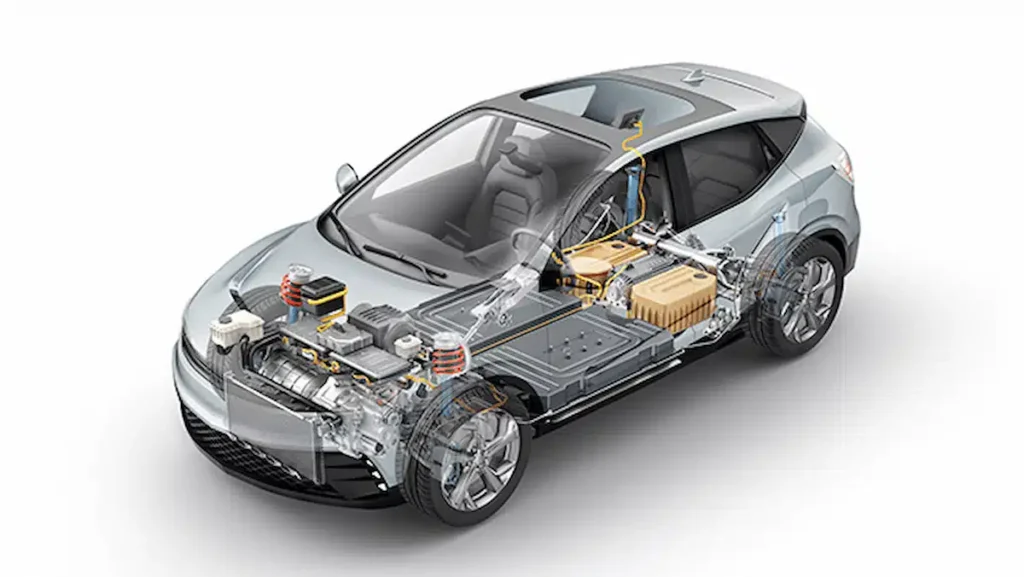AUTONEWS

The exhaustive investigation carried out by the European authorities into the aid granted by the Chinese State to manufacturers producing in the country, considered illegal under the rules of the World Trade Organization (WTO), has come to an end, with heavy taxes to mitigate the aid granted by China. If in the first phase, in July, the European Union (EU) imposed duties of between 17.4% and 38.1% on the import of Chinese cars into the Old Continent, which at the time it considered preliminary, now the definitive duties are known. And although there are reductions, they are not the same for everyone.
During their analysis of the subsidies granted by the Chinese to the automobile industry based in the country, the European experts concluded that there are countless ways for the State to help manufacturers to be more competitive, ranging from the simple granting of subsidies to loans with very favourable interest rates, including the sale of land below market price. The researchers also concluded that the aid varies depending on the origin of the manufacturers, favouring local ones, which directly conflicts with WTO rules.
After the announcement of the provisional rates introduced on 1 July, some of the car manufacturers involved appealed the decision, arguing that their vehicles should be penalised less for having benefited from lower rates of aid. After analysing the information provided, the EU agreed to the request, with the main beneficiary being Tesla, whose Model 3 from China paid 20.8% when entering European countries and saw the rate reduced to just 9%, a drop of 56.7%.
Another of the most generous reductions was granted to Mini, which produces electric Coopers in China and which were exposed in July at a rate of 37.6%. Now, after the assessment of additional data, this tax on imports into Europe has been reduced to 21.3%, a drop of 43.3%. The tax to be paid on the BMW iX3, also imported from China, has not been made public, but as this electric SUV is produced in a factory owned by a joint venture with a Chinese manufacturer, controlled by the State, it should be subject to similar treatment. The Cupra Tavascan also saw its taxes on arrival in Europe reduced from 37.6% to 21.3%, although Seat told Automotive News that it intends to request a higher cut, although it did not provide any arguments for its intention to use them.
In terms of reducing taxes on imports into Europe, Chinese manufacturers have been less “lucky”, especially those owned by the State. The state-owned SAIC, which includes brands sold in Portugal such as Maxus and MG, saw its vehicles penalized in July with a rate of 37.6%, and will now pay 36.6%. Geely and BYD, both Chinese but privately owned, had seen their vehicles subject to taxes of 19.9% and 17.4%, respectively. Now, models from these two manufacturers will pay 19.3% and 17%, a small reduction that aims to maintain their relative distance.
Mundoquatrorodas

Nenhum comentário:
Postar um comentário